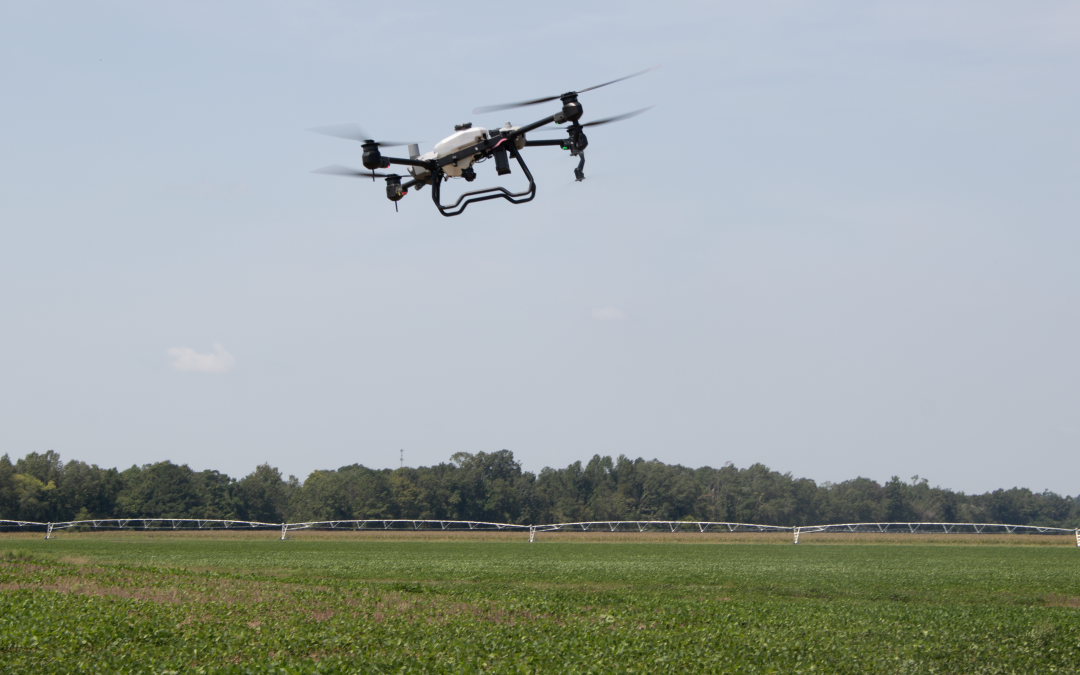
by Paul Hollis | Sep 21, 2023 | Crop, Soil & Environmental Sciences, Research
While drones were initially used in agriculture primarily for collecting crop and field-condition data, Auburn University researcher Steve Li is leading an effort to explore how the small, remotely piloted aircraft can be used to apply pesticides and other farm...
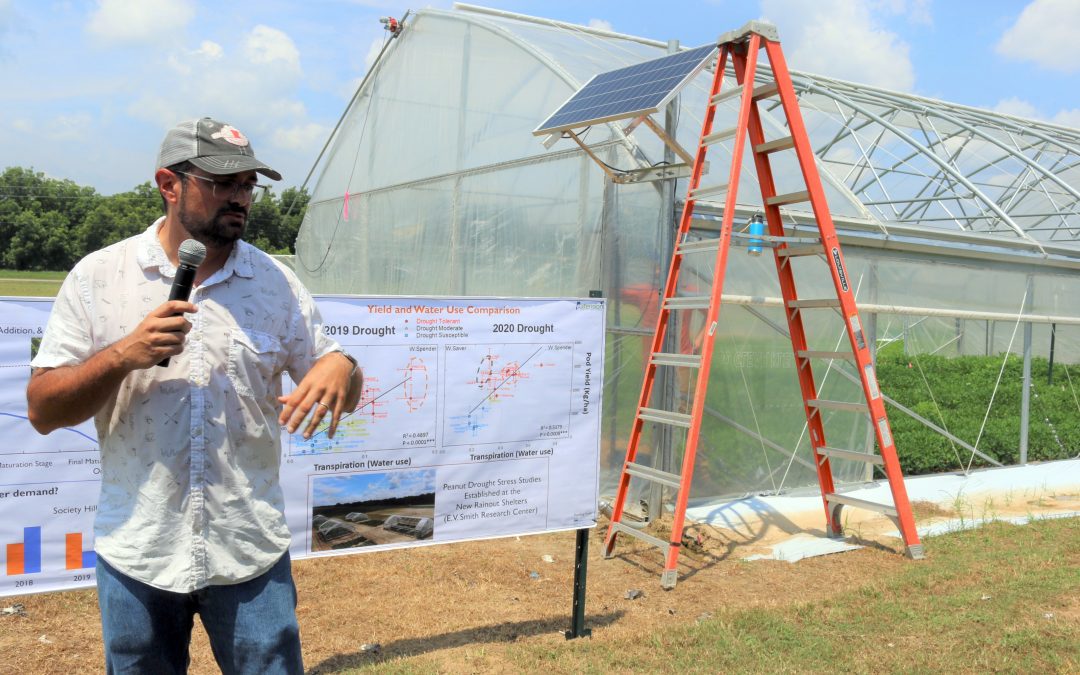
by Paul Hollis | Sep 12, 2023 | Crop, Soil & Environmental Sciences, Peanuts, Research
Auburn researchers look for drought tolerance The old adage of not being able to control the weather might be true, but Auburn researchers are looking for ways to at least mitigate the effects of drought on peanut production. The American Peanut Council has identified...
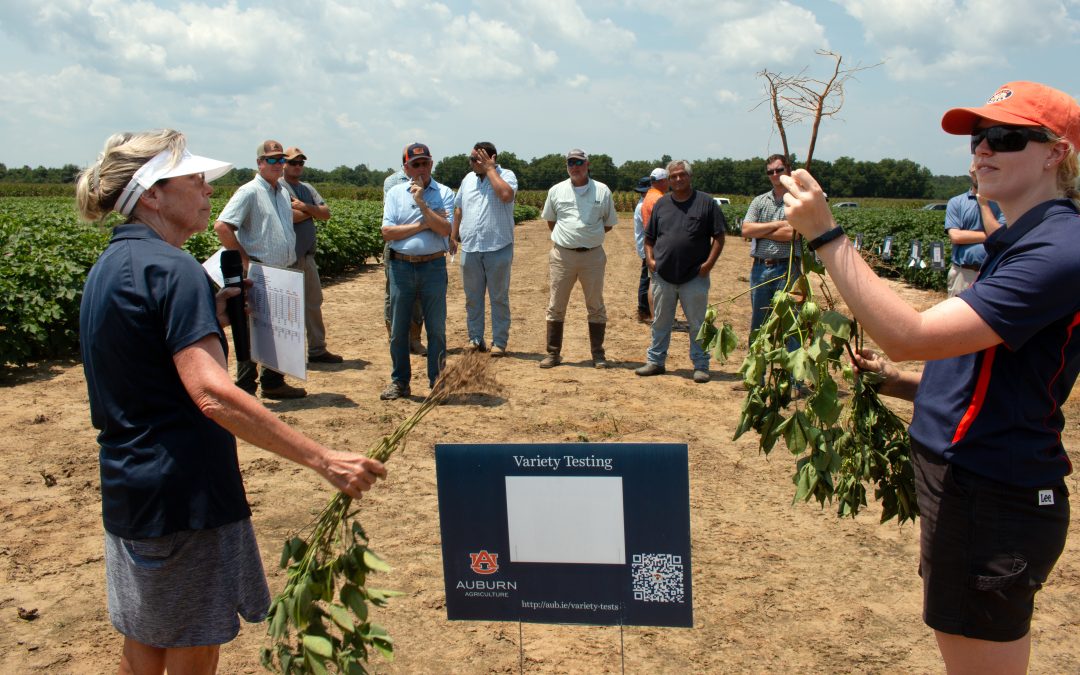
by Paul Hollis | Aug 28, 2023 | Entomology & Plant Pathology, Research
Farmers have a hard enough time battling the pests they can see. The ones they can’t see — like plant parasitic nematodes — present another challenge altogether. These worm-like, sometimes microscopic animals are major agricultural pathogens that attack Alabama crop...
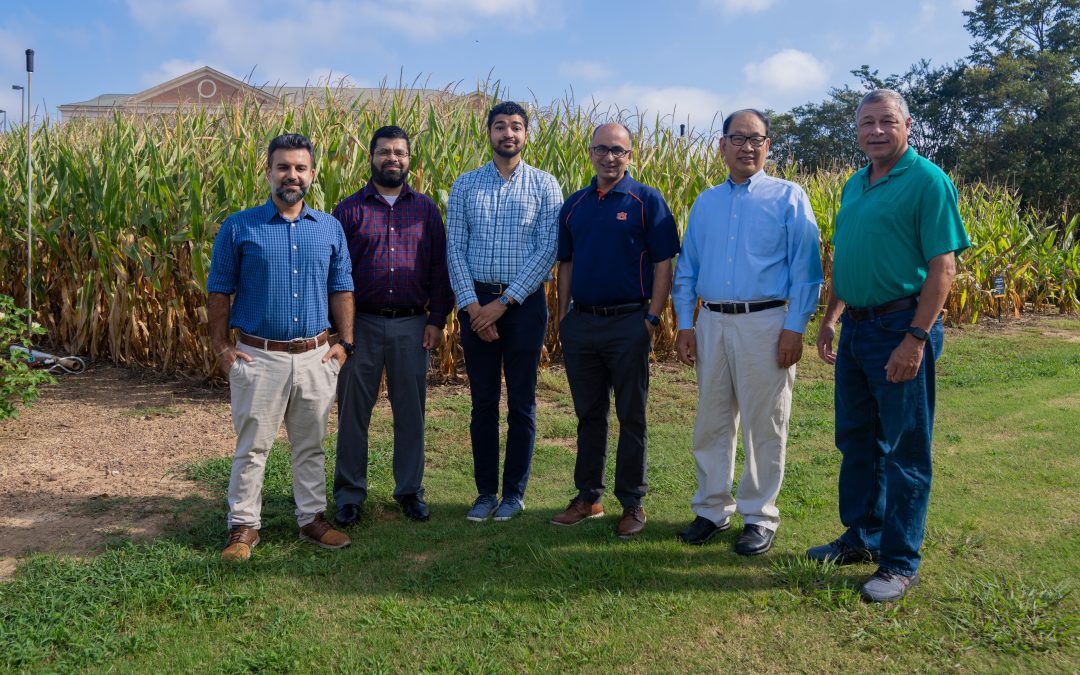
by Paul Hollis | Aug 21, 2023 | Biosystems Engineering, News, Research
The Auburn University College of Agriculture and the Alabama Agricultural Experiment Station were awarded approximately $6 million from the U.S. National Science Foundation (NSF) for a four-year project entitled “Developing effective adaptation strategies to enhance...

by Paul Hollis | Aug 18, 2023 | Animal Sciences, Entomology & Plant Pathology, Research
Two researchers in the Auburn University College of Agriculture and the Alabama Agricultural Experiment Station are recipients of separate grants from the USDA-NIFA Agriculture and Food Research Initiative (AFRI), the nation’s leading competitive grant program for...

by Paul Hollis | Jul 17, 2023 | Agricultural Economics & Rural Sociology, Research
Two faculty members from the College of Agriculture’s Department of Agricultural Economics & Rural Sociology are being honored nationally for their published works. Assistant Professor Wenying Li has received the 2022 Best Economics Paper in Food Safety and...
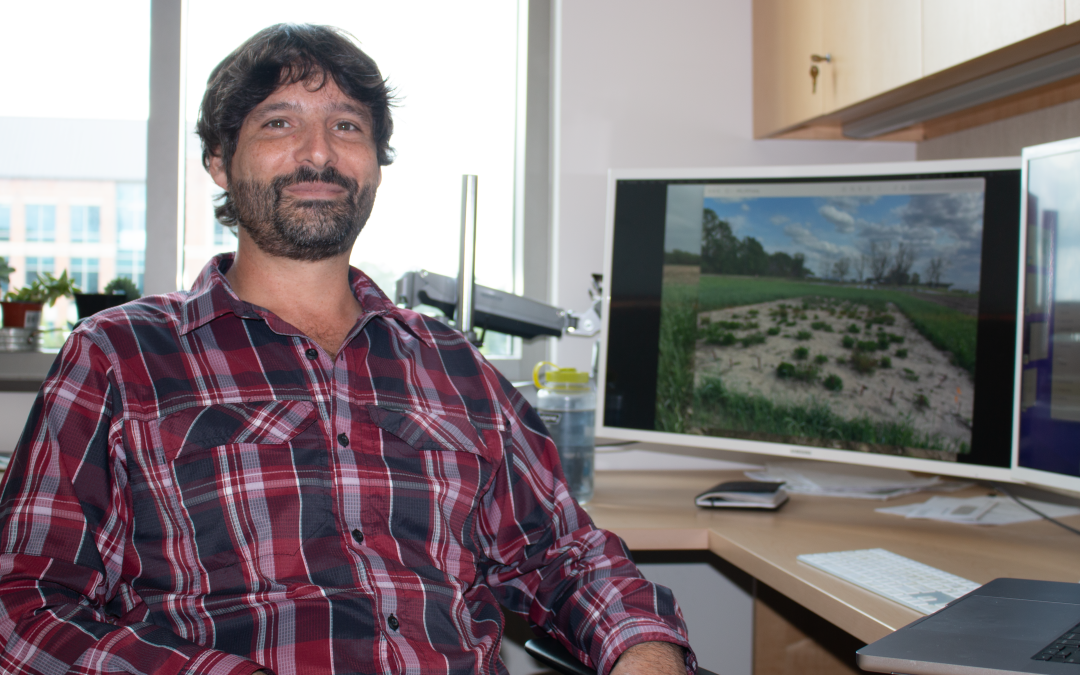
by Paul Hollis | Jul 3, 2023 | Alabama Agricultural Experiment Station, Research
An Auburn University researcher’s project is part of a $16.2 million U.S. Department of Agriculture National Institute of Food and Agriculture (USDA-NIFA) effort to address breeding crops for the future. The Plant Breeding for Agricultural Production program area...








